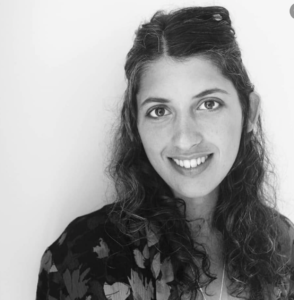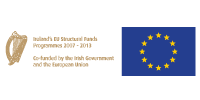Throughout this distance learning programme on Bereavement and Loss, the journey has been a profound exploration of the complexities of grief, the human experience in the face of loss, and the transformative power of understanding and compassion. As I reflect on this educational odyssey, I am drawn to the threads of knowledge, empathy, and personal growth that have woven the fabric of my understanding.
The programme’s curriculum delved into the multidimensional aspects of bereavement, offering a comprehensive examination of the psychological, cultural, and spiritual dimensions of grief. The theoretical foundations provided a sturdy framework for understanding the diverse ways individuals navigate the turbulent waters of loss. From the Kübler-Ross model to the concepts of disenfranchised grief, the academic exploration laid the groundwork for a nuanced comprehension of the grieving process.
One of the most impactful aspects of this programme was the emphasis on empathy and the human element of loss. The case studies, personal narratives, and discussions with fellow learners created a rich tapestry of diverse experiences. Learning went beyond textbooks and academic theories; it became an immersive journey into the lived realities of those grappling with loss. It highlighted the uniqueness of each grieving journey, emphasizing the need for personalized and compassionate approaches in supporting individuals through their grief.
The integration of cultural perspectives in understanding bereavement was a particularly enlightening aspect. Exploring how different cultures express, ritualize, and cope with loss broadened my appreciation for the rich tapestry of mourning practices worldwide. From elaborate funeral ceremonies to intimate family rituals, cultural nuances significantly influence the grieving process.
This awareness has fostered a sensitivity to the diverse ways individuals may seek solace and find meaning during loss. Beyond the theoretical and cultural dimensions, the programme also encouraged introspection and self-awareness. Through reflective exercises and personal narratives, I was prompted to examine my own beliefs, attitudes, and biases surrounding death and loss. This journey of self-discovery added a layer of authenticity to the learning experience, fostering a deeper connection to the subject matter and a heightened awareness of the potential impact on my interactions with others. The programme’s exploration of grief support
mechanisms provided practical insights into the role of professionals and communities in facilitating healing.
From grief counselling techniques to the importance of support groups, the tools acquired are invaluable in understanding how to create spaces that validate, nurture, and guide individuals through the labyrinth of grief. The emphasis on fostering resilience and empowering individuals to navigate their grief journey aligns with a holistic and person-centred approach. Personally, this distance learning programme has been a catalyst for growth and a catalyst for evolving perspectives. It has instilled in me a profound appreciation for the fragility of life and the resilience of the human spirit. It has equipped me with the knowledge and skills to approach
conversations about loss with empathy and sensitivity, fostering a deeper connection to the human experience. In the grand tapestry of learning, this programme has woven together theoretical frameworks, cultural insights, and personal reflections, creating a comprehensive understanding of bereavement and loss. It has been a journey that transcended the digital realm, reaching into the depths of human emotion and experience.
As I navigate the conclusion of this programme, I carry with me not only a wealth of knowledge but a heightened awareness of the profound impact of loss on the human psyche and the transformative potential of compassionate support.
Kayle’s Reflection on completing ICPPD’S Distance Learning, CPD, Loss and
Bereavement Course








